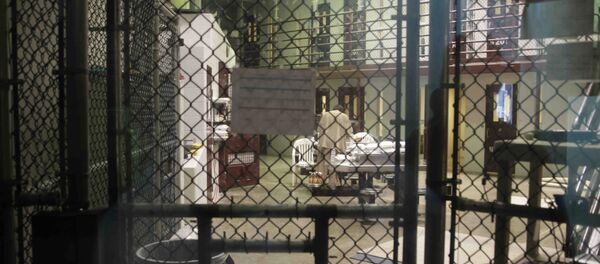"This is very important because it could mean that government employees who knowingly became involved in illegal activity will no longer be able to cite the ‘I was only obeying orders’ excuse,’" Giraldi said on Tuesday.
The judge’s decision opened the way, in the event of a finding against defendants that former CIA and other US government officials who had carried out torture during the so-called "war on terror" might also face accountability for their actions in domestic court, Giraldi suggested.
"They might actually be held accountable for their actions, though I assume the government will string out this process by kicking it upstairs on appeal," he said.
The government "might even finally kill it by evoking State Secrets privilege, which is what the Obama administration often did and would likely also do in a case like this," Giraldi explained.
However, if the plaintiffs and their lawyers kept up their commitment to prosecuting the case, even efforts to reject or bury it might eventually lead to appeals to the Supreme Court, Giraldi suggested.
"On appeal, the case might even reach the Supreme Court. And the ramifications are potentially huge," he said.
CIA-contracted psychologists James Mitchel and John "Bruce" Jessen devised the methods and helped convince the CIA to torture prisoners, making $81 million in the process, according to the ACLU.
The torture methods used on Salim Soud and Rahman included slamming them into walls, stuffing them into coffin-like boxes, exposing them to extreme temperatures, starving them, inflicting various kinds of water torture, and chaining them in stress positions designed to inflict pain and keep them awake for days on end, the ACLU said.
In 2014, the Senate Intelligence Committee released an executive summary of a more than 6,000 page report concluding that CIA detainees were tortured under a program enacted between 2001 and 2007, at the early stages of the US War on Terror.



